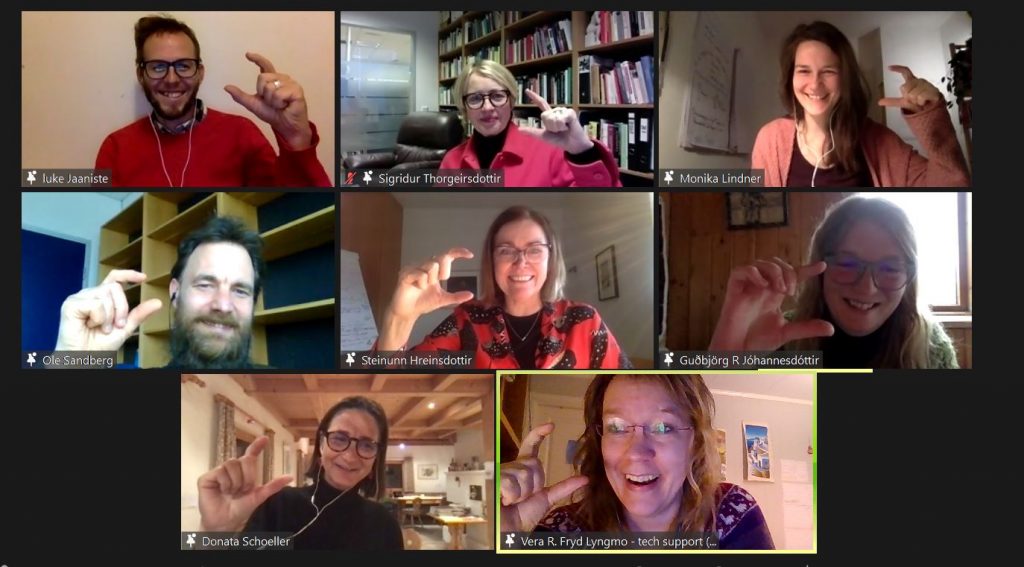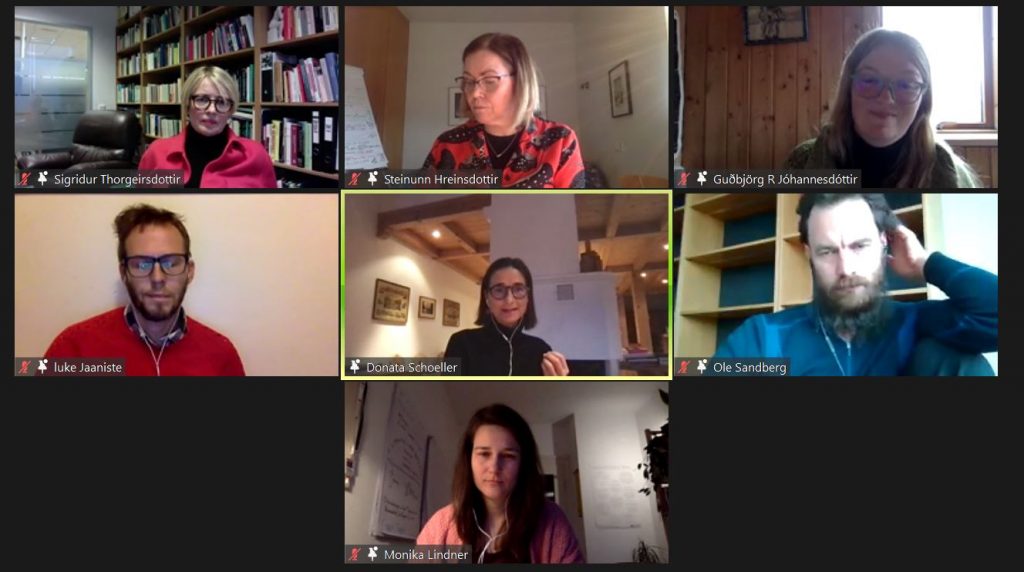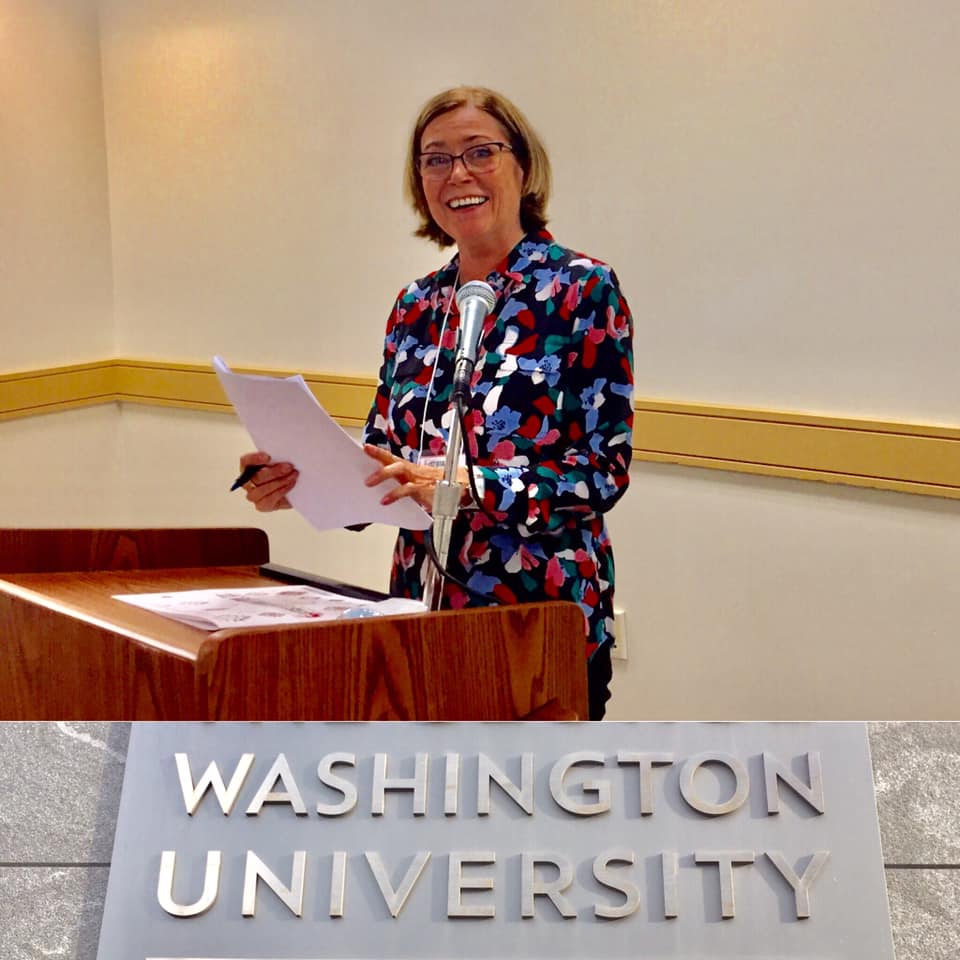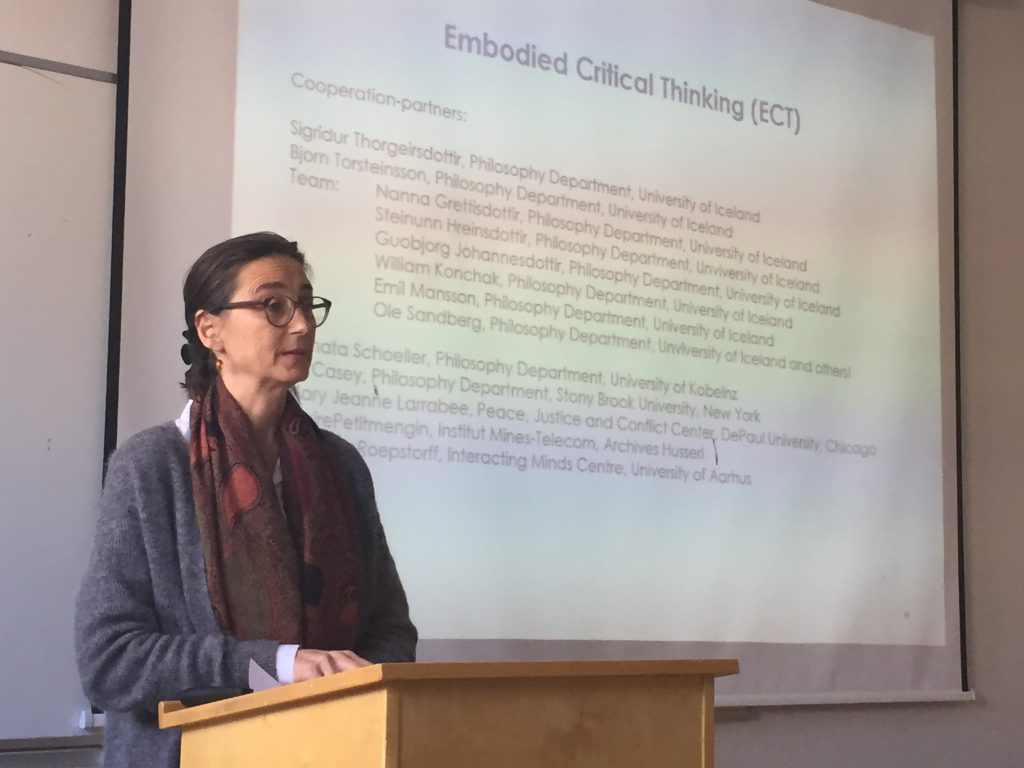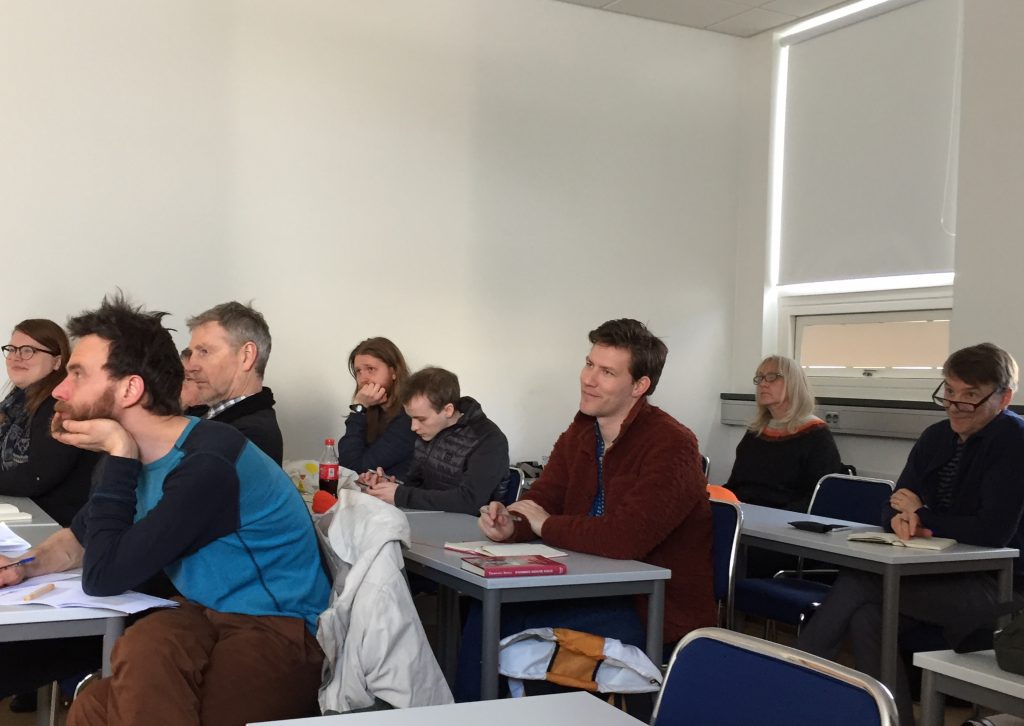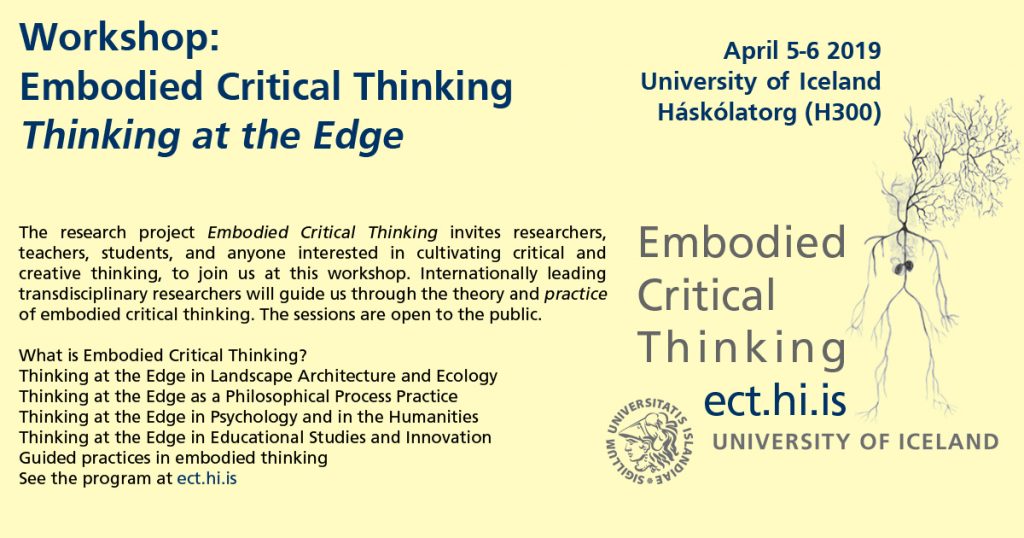Training in Embodied Critical Thinking (TECT) is an interdisciplinary project initiated by philosophers, computer scientists, cognitive scientists and environmental designers in a response to challenges such as:
1) a lack of ability to think for oneself in the face of digitalized networks and an overflow of information,
2) a sense of being overwhelmed by complex globalized systems and a feeling of not being able to make any difference in civic engagement,
3) a lack of cultivation of what it means to be human today, as embedded in environments and relations, deeply local as well as globally interdependent.
In a time of breathtaking progress in artificial intelligence, big data and social media, it is urgent for educators to find new ways to encourage and empower students and researchers to think for themselves and to thoroughly engage with subject matters in order to form their own judgements. TECT offers a fresh take and novel methodologies of learning to think critically, contributing to the transformation and enrichment of the European tradition and skill of critical thinking in the 21. century.
TECT is a training program for students and researchers, adding a missing link to the teaching and training of critical thinking on the level of higher education. The conventional methods of training critical thinking are not sufficient to address the challenges that students and researchers face today. The missing link is the methodological integration of the turn to embodiment in the cognitive sciences that proves mind, body and lived experience to work together in thinking, in the development of ideas and in the pursuit of knowledge.
TECT brings together an interdisciplinary and transnational team to develop the pedagogical and practical implications of the results of these findings to transform the teaching and training of critical thinking. Counter to a profoundly disembodied tradition and concept of intellect and the practice of thinking, TECT unites pioneers from different fields to introduce empowering ways to practice thinking in order to account for the complexity of the students’ and researchers’ embodied and lived experience of today’s reality.
TECT will offer three separate year long courses, consisting of online webinars/seminars, individual supervision and three summer schools (each year offers a total of 15 ECTS), providing foundations and training in novel ways of embodied critical thinking, including methods of mindfulness, focusing of attention, accessing first-person experience, slow and fast thinking, presencing, thinking-at-the-edge etc.
The TECT program brings these methods of embodied critical thinking into three major challenges and chances facing human thinking today: a rapidly changing world due to environmental crisis, advancements in artificial intelligence and computational technology. The target group for TECT are students and researchers from the human, social, natural sciences and environmental design, with a special emphasis on students and researchers of informatics, artificial intelligence and computer science.
The consortium of TECT includes philosophers, cognitive scientists, researchers in the field of artificial intelligence, cognitive modeling, computer science and environmental design from the following organizations: the Network of Mindful Universities in the Digital Age in Germany lead by the University of Applied Sciences in Jena, the research-group Embodied Critical Thinking at the University of Iceland, the Center of Cognitive Science at the University of Ljubljana, the Institute for Brain Modeling and Artificial Intelligence at the University of Groningen, the Department of Environmental Design at the Technion in Haifa, and the Department of Computer Science at the ETH in Zurich. Associated partner of the project is the Microphenomenology Laboratory in Paris.
The intellectual output of TECT is fourfold: a TECT-handbook, online courses, a documentary and scientific publications. The TECT website will provide online resources.
TECT is intent to distribute and disseminate the results of this pilot project widely. The project strives to become sustainable beyond the grant period with further courses (MOOC/EdX) that build on the intellectual output of this pilot project.
